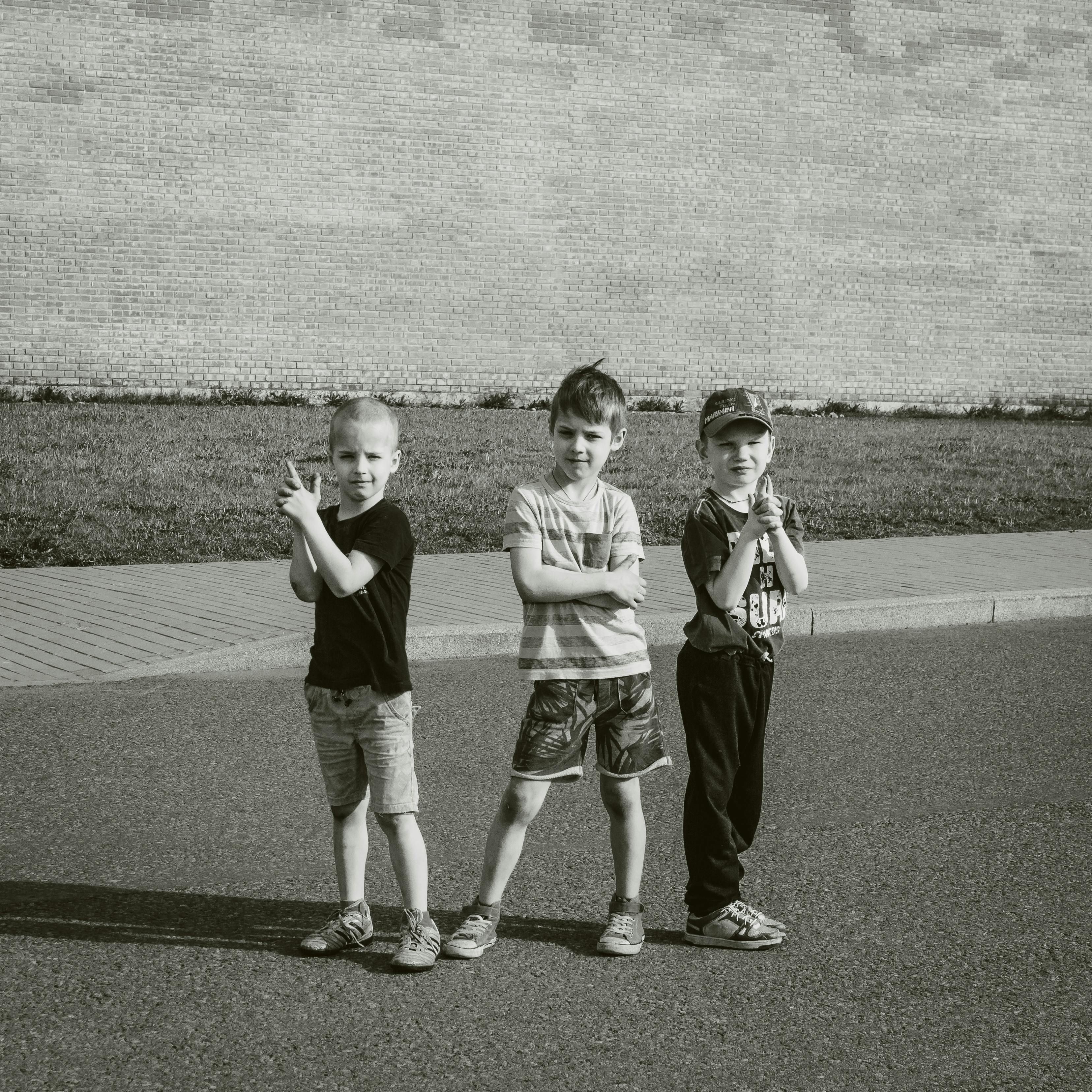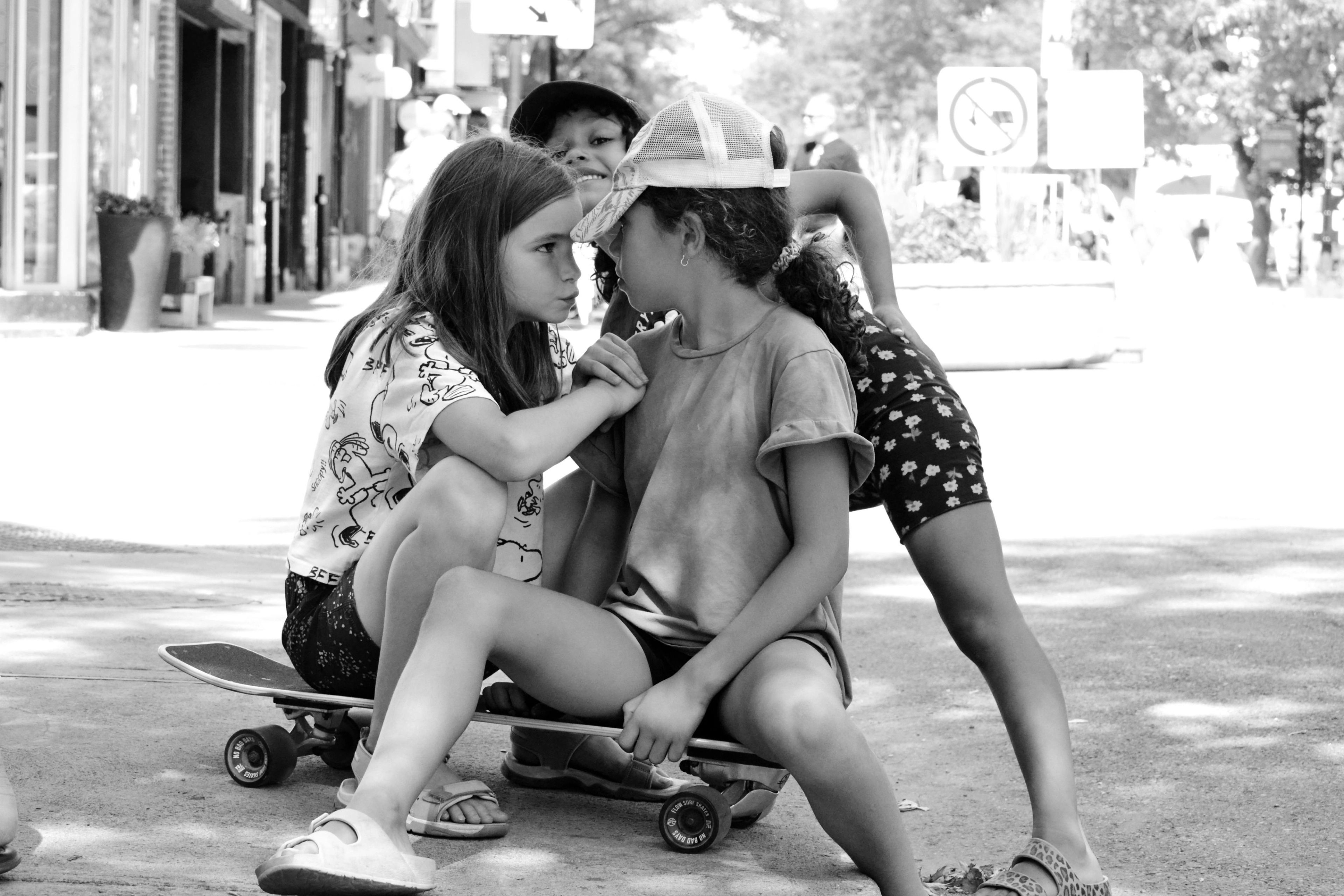What Counts as Childhood Trauma?
Trauma is less about "what happened" and more about "how it was experienced.”
Extreme events aren’t the only cause of childhood trauma. It’s about how overwhelming or unsafe something felt at the time, and the lasting imprint it left on a developing nervous system. Trauma is less about "what happened" and more about "how it was experienced,” especially when there wasn’t enough support to process it. Many childhood trauma survivors downplay their trauma, minimize it, or insist that it wasn’t that bad. This may be because the adults in their life consistently deny or downplay their experience, or they’re unsure of what they actually remember.

Trauma isn’t defined by the event. It’s defined by your nervous system’s response and the support you had (or didn’t have) afterward. What might seem “minor” to others can still shape your beliefs, behaviors, and body. If you find yourself asking, "Did that really count as trauma?" the answer is: it's worth exploring.
If it impacted you, it matters.
A Working Definition of Childhood Trauma
According to the Substance Abuse and Mental Health Services Administration (SAMHSA), trauma results from events or circumstances that are experienced as physically or emotionally harmful or life-threatening, and that have lasting adverse effects on an individual's well-being.
The National Child Traumatic Stress Network (NCTSN) defines a traumatic event as one that poses a serious threat to a child's life or bodily integrity and overwhelms their ability to cope.
Types of Childhood Trauma
Trauma can be obvious, subtle, chronic, or acute.
Acute Trauma: One-time events that are deeply distressing.
- Examples: car accidents, natural disasters, sudden death of a loved one
Chronic Trauma: Ongoing exposure to harmful environments.
- Examples: emotional neglect, long-term bullying, repeated parental conflict
Complex Trauma: Multiple and layered traumas, often involving primary caregivers.
- Examples: abuse, inconsistent caregiving, early loss of attachment
Developmental Trauma: Unmet emotional needs during sensitive developmental windows.
- Examples: never being comforted when scared, being shamed for emotions
Often Overlooked Forms of Trauma
Not all trauma is a big event. You may still be impacted if you:
- Felt unsafe or unseen in your own home
- Had a parent who was emotionally unavailable or unpredictable
- Had to "grow up fast" or take care of others emotionally
- Were only valued for achievements, not for being yourself
These can profoundly affect emotional development, even in the absence of what we typically consider abuse or violence.
The Lasting Impact

Childhood trauma can influence a person's:
- Mental health: Risk for depression, anxiety, PTSD
- Physical health: Higher risk for chronic illness
- Brain development: Especially in areas related to emotional regulation
- Behavior and learning: Trouble with attention, impulse control, or academic performance
What People Often Get Wrong About Childhood Trauma
Many people misunderstand childhood trauma because it doesn’t always look dramatic or leave physical scars. These myths keep people from recognizing the roots of their struggles and can delay healing. Common misconceptions include:
- "It only counts if it was physical or violent." Emotional neglect, inconsistency, and chronic fear can be just as impactful.
- "If I turned out 'okay,' it couldn't have been that bad." High-functioning adults can still carry unresolved wounds.
- "Everyone has hard childhoods." Normalizing pain doesn’t erase its effects. Comparison doesn’t fix anything or erase the impact.
- "It wasn’t trauma because it was normal in my family or culture." What’s common isn't always healthy.
Why We Downplay Our Childhood Trauma
- Downplaying helps children stay loyal to caregivers or feel safe.
- Believing others had it worse makes it feel selfish to acknowledge our own pain.
- Trauma can distort or block memories, making it hard to recognize the full story.
- Some families rewrite or dismiss the past to avoid accountability, which in turn affects how we perceive our own experiences.
- It can feel disloyal, dramatic, or weak to acknowledge what happened or name it.
Questions to Ask Yourself If You're Not Sure It "Counts"
If you're unsure whether what you experienced in childhood was trauma, consider asking:
- Did I often feel scared, lonely, or unsupported at home?
- Were my emotions regularly dismissed, mocked, or punished?
- Did I have to hide parts of myself to feel safe or accepted?
- Did I take on adult responsibilities or emotional burdens too young?
- Do I still struggle with self-worth, trust, or anxiety that traces back to early relationships?
- When I think about my childhood, do I feel confused, numb, or defensive?
- Do I instinctively say “It wasn’t that bad” before I even explain what happened?
If your honest answers lead to pain, confusion, or more hurt in the present, those are signs it’s worth exploring further. Trauma is not defined by how it compares to others' stories. It’s characterized by how it affects your body and mind, and how it impacts your life in the present.
- Trauma isn’t defined by its outward appearance or how people perceive what happened.
- If it overwhelmed your ability to cope as a child, it counts.
- Support, validation, and safety can make a significant difference.
- You don’t have to minimize your story just because someone else "had it worse."